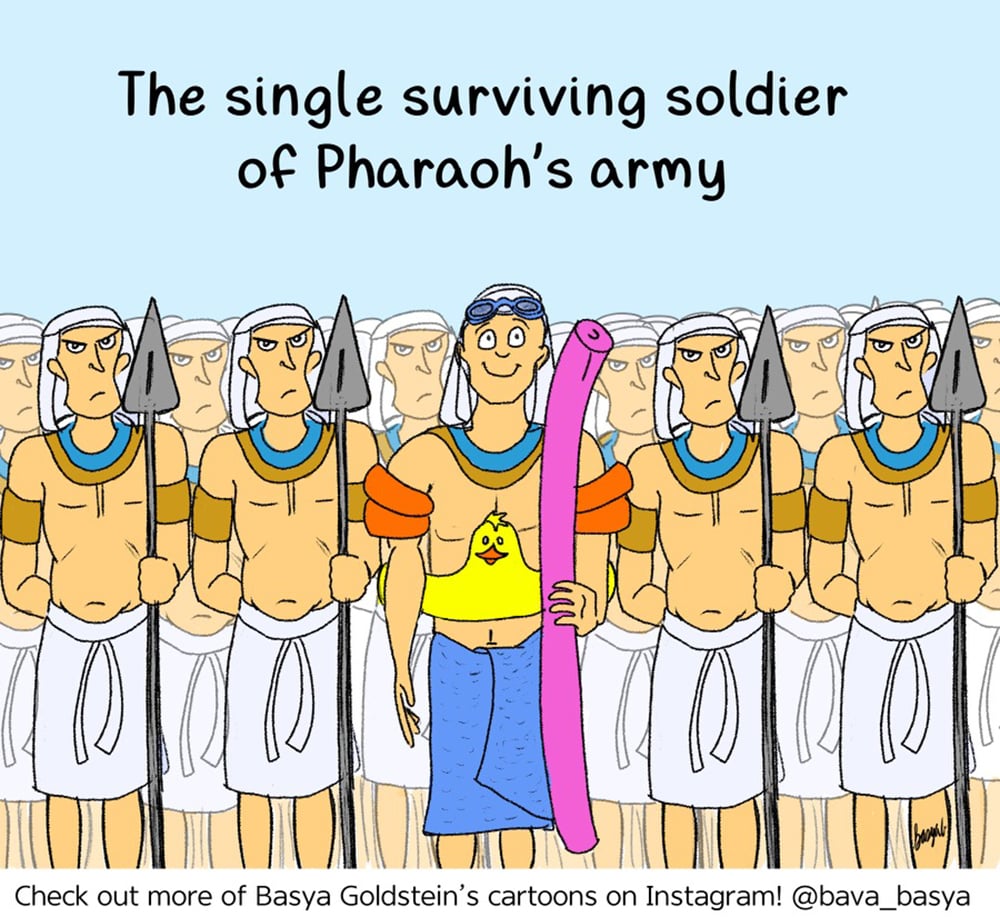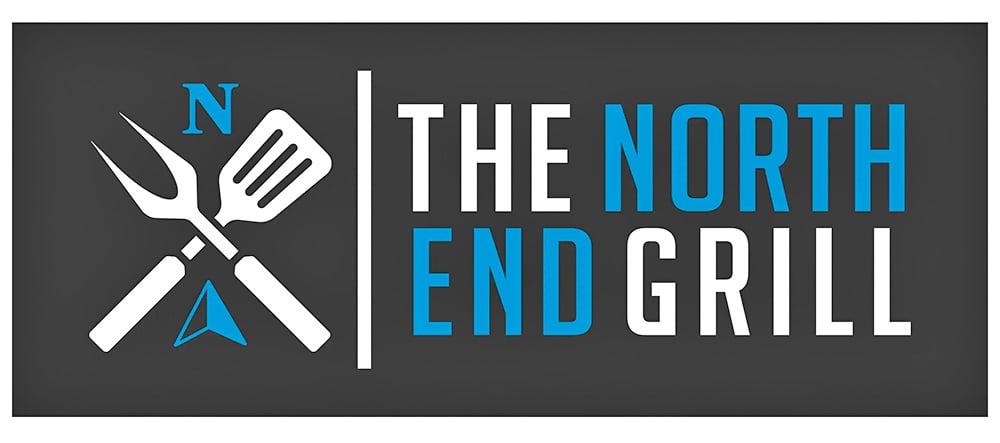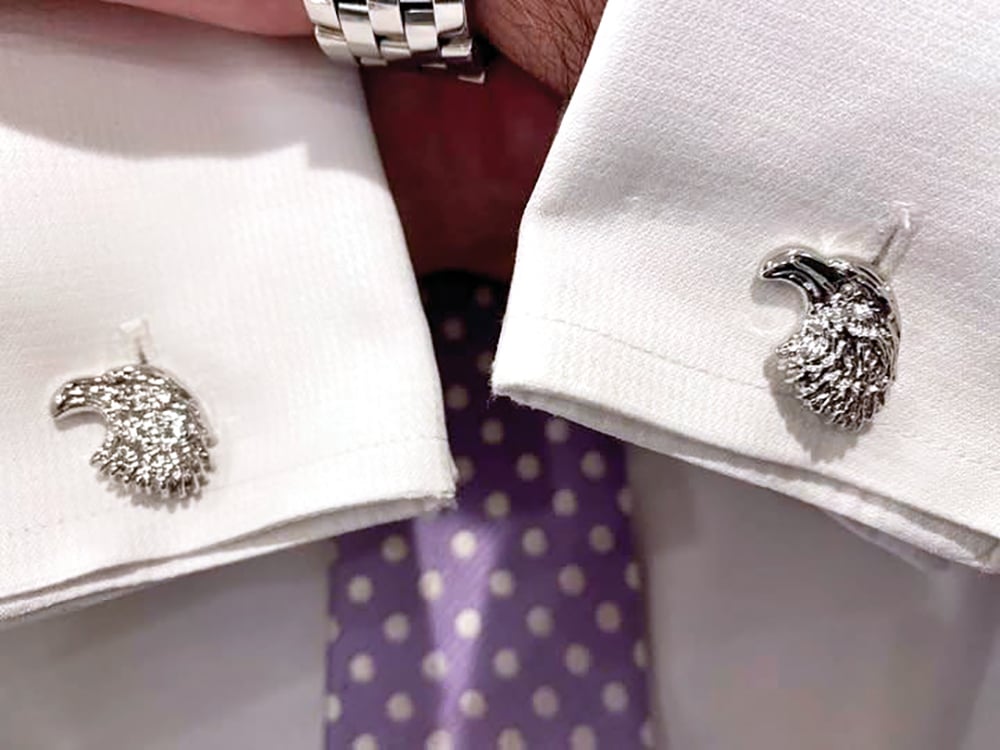As Consumer Affairs Commissioner of New York City in the 1990s, I was responsible for enforcing the city’s consumer protection laws, including rules that made it illegal to deceive consumers in retail advertising. My pet peeve was deceptive ads promising big discounts, but discounted from a phony base price that was never the actual selling price. I hated promotions claiming “two for the price of one,” but only after the base price had been doubled. Stores in tourist areas promoted “Going Out of Business” sales every day of the week and were not actually going out of business or offering real discounts. My agency issued warnings and fines, but practices like this are still common around the world. Today, a quick internet search can help a savvy shopper reveal comparison prices, but often we don’t have the time, or products can be hard to compare.
When we travel, we are at particular risk, since we don’t know the reputation of many of the stores we visit and products may be unfamiliar. Recommendations from trusted sources are critical, so I thought I would offer some tips for buying wine in Israel.
Before we turn to price, let’s consider a key factor to consider when buying wine in Israel. How has the wine been stored? It’s pretty hot for a good part of the year, and many shops have wine displayed outside or inside in space that is not air conditioned. Bright sun and heat will ensure the wine you buy is in poor condition, so be wary of those shops, unless buying a cheaper wine from a high-turnover store.
Another key consideration when buying wine in Israel is supporting the local winemakers. Buying wine at a winery or direct via delivery from a winery ensures the profit goes to the winemakers, particularly at the small- and medium-sized operations. Wine purchased at a retailer has often been marked up by a distributor and then a retailer, resulting in a higher price, but less in the pocket of the winemaker. Many of the wineries in Israel have lovely on-site tasting rooms where you can taste and learn about the range of wines offered and can purchase wine at a favorable price. Some wineries will also sell bottles from earlier years at reasonable prices, providing a rare opportunity to buy a fine wine that has been stored well and begun to develop tertiary flavors. Dozens of wineries are accessible from Jerusalem or Tel Aviv via a short drive, and many deliver.
The major supermarkets all carry a wide range of Israeli wines at reasonable prices, but do ensure you are purchasing Israeli wines. Increasingly, European and other international wines that are kosher are stocked, so do take a close look at what you are buying. The local Israeli market also supports a broader range of non-mevushal wines, since unlike in the U.S., kosher agencies there do allow restaurants and caterers to serve non-mevushal wines. You might be interested in finding a non-mevushal version of your favorite Israeli wine in a local store.
I do recommend looking beyond the major supermarkets if you want to find wines from smaller boutique wineries or special personal brands that some major winemakers produce as a creative outlet. My favorite store in Jerusalem is Kos Shel Bracha, a small shop in Katamon owned by wine enthusiast Evyatar Cohen. Call in advance to make sure Evyatar is there when you visit and ask him to walk you through some of his favorites. Or even better, tell him what you like and he will provide you with a range of options and the backstory on each bottle.
What about duty-free at Ben Gurion Airport? Many of the bottles there are priced the same as in local Israeli stores and some may not be much cheaper than U.S. prices nor worth the schlep. But there are some great discounts with the regular “Buy Three Get One Free” offers. The Carmel Limited Edition and the excellent Segal Unfiltered are particular bargains at that rate, as is the Kayoumi Riesling 2017. If you are a fan of the Segal Unfiltered, this is your chance to grab some non-mevushal bottles to try, as the bottles available in the U.S. are always mevushal. Let me know if you can tell the difference! Some wineries produce special editions that are only available at the duty-free, including the Flam Family Heritage, so do see if that is in stock when you pass through.
Save this column for your next trip to Israel. L’Chayim.
Jules Polonetsky is CEO of the Future of Privacy Forum, a D.C.-based tech policy think tank, and a WSET 3 certified wine writer for leading Jewish newspapers and at www.Kosher-Wine.org, a resource for kosher wine education.












